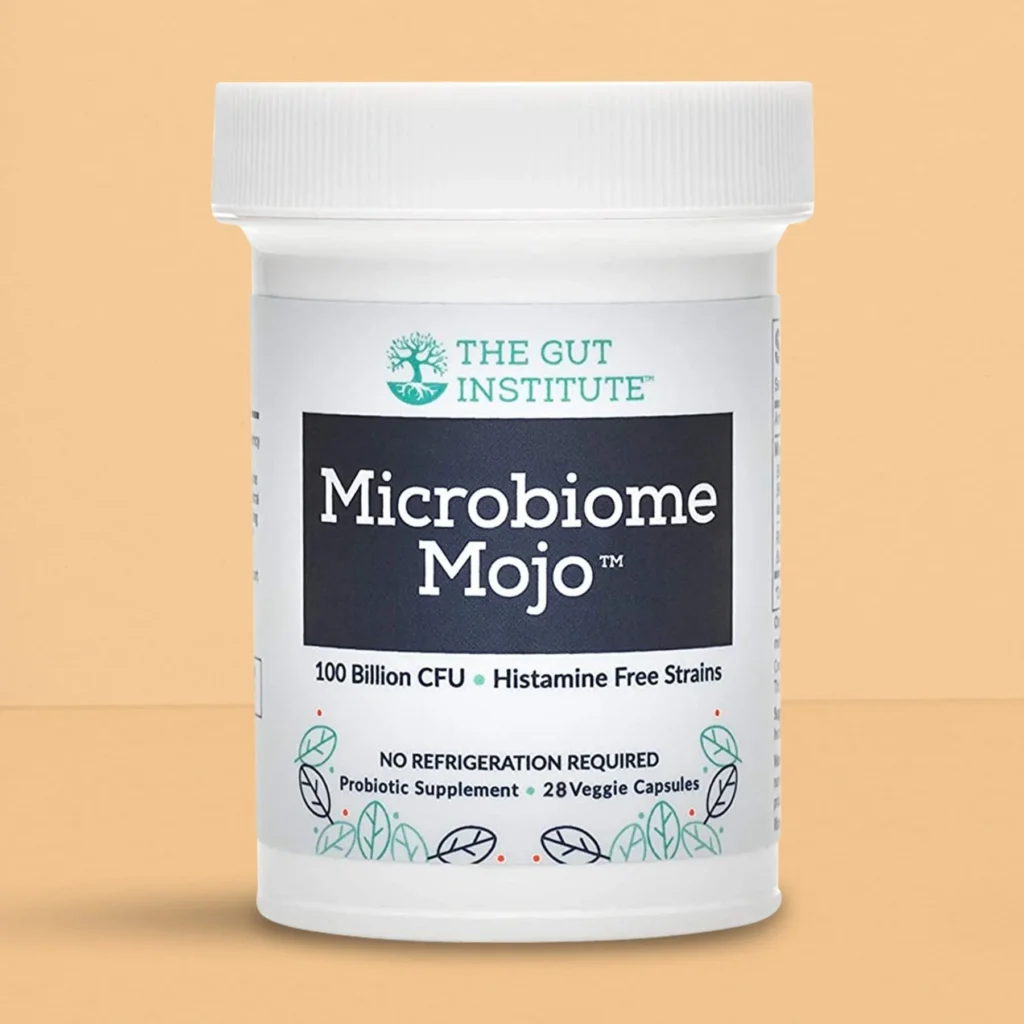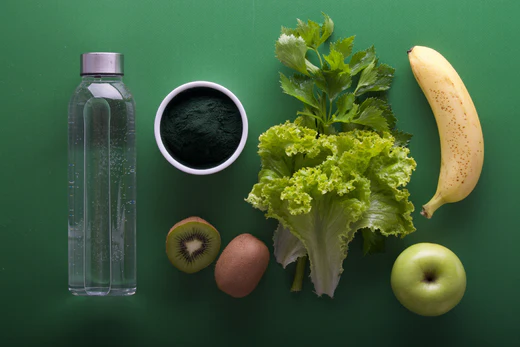In today’s fast-paced world, stress is an almost inevitable part of our lives. But did you know that stress can significantly impact your gut health, potentially leading to SIBO (Small Intestinal Bacterial Overgrowth)? This comprehensive guide will not only educate you on the connection between stress and SIBO but also provide practical tips and strategies to manage stress effectively, helping you maintain a healthy gut.
Understanding the Link Between Stress and SIBO
The Gut-Brain Connection
The gut-brain connection is a complex and fascinating interplay between your central nervous system and your digestive system. When you experience chronic stress, it can disrupt this delicate balance, leading to various gastrointestinal issues, including SIBO. Stress triggers a fight-or-flight response, affecting the movement of the digestive tract, which may result in the accumulation of bacteria in the small intestine.
Impact of Stress Hormones
Stress hormones, such as cortisol, can have a direct impact on your gut. Elevated cortisol levels can weaken the gut lining, making it more susceptible to bacterial overgrowth. Furthermore, the immune system’s response to stress may be compromised, allowing harmful bacteria to flourish.
Recognizing the Symptoms of SIBO
It’s essential to recognize the symptoms of SIBO early on to address it effectively. Common symptoms include:
- Abdominal Bloating: Uncomfortable and persistent bloating, often after eating.
- Diarrhea or Constipation: Altered bowel habits, with frequent diarrhea or constipation.
- Abdominal Pain: Cramping and discomfort in the abdominal area.
- Nutritional Deficiencies: Malabsorption of nutrients can lead to deficiencies in vitamins and minerals.
- Unexplained Weight Loss: SIBO can impact your ability to absorb nutrients, leading to weight loss.

Strategies to Manage Stress and Prevent SIBO
1. Mindfulness Meditation
Practicing mindfulness meditation can help reduce stress and promote relaxation. It’s an effective technique to calm your mind and minimize the impact of stress on your gut.
2. Regular Exercise
Engaging in regular physical activity can release endorphins, the body’s natural stress-relievers. Exercise also improves gut motility, reducing the risk of SIBO.
3. Balanced Diet
A well-balanced diet that includes fiber-rich foods and probiotics can support a healthy gut. Probiotics help maintain a harmonious gut microbiome.
4. Stress Management Techniques
Learning stress management techniques such as deep breathing, progressive muscle relaxation, and journaling can be highly beneficial in reducing stress levels.
Final Thoughts
In conclusion, the relationship between stress and SIBO is clear. Chronic stress can disrupt the gut-brain connection, leading to bacterial overgrowth in the small intestine. Recognizing the symptoms of SIBO is crucial for early intervention, and adopting stress management strategies can significantly reduce the risk.
By implementing mindfulness, exercise, a balanced diet, and stress management techniques, you can effectively manage stress and maintain a healthy gut. Remember, a healthy gut contributes to overall well-being, making it essential to prioritize stress management in your daily life.
Frequently Asked Questions(FAQs)
1. What is the link between stress and SIBO?
Chronic stress can disrupt the gut-brain connection, affecting the movement of the digestive tract and potentially leading to bacterial overgrowth in the small intestine.
2. What are the common symptoms of SIBO?
Typical symptoms include abdominal bloating, diarrhea or constipation, abdominal pain, nutritional deficiencies, and unexplained weight loss.
3. Can stress management really prevent SIBO?
Yes, stress management techniques such as mindfulness meditation, regular exercise, and a balanced diet can help reduce stress and minimize the risk of SIBO.
4. Are probiotics helpful in preventing SIBO?
Probiotics can support a healthy gut by maintaining a balanced gut microbiome, which may reduce the risk of SIBO. However, it’s essential to consult with a healthcare professional before starting any new supplement regimen.










